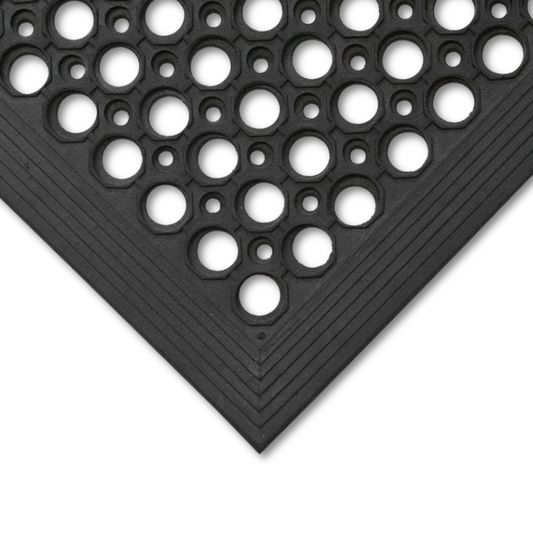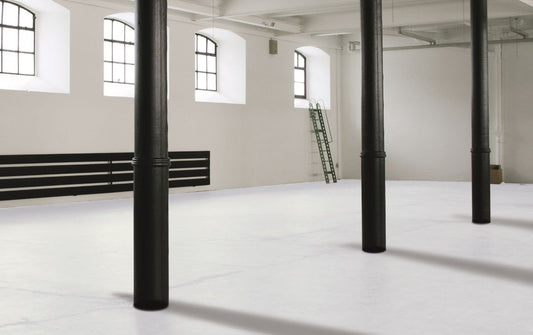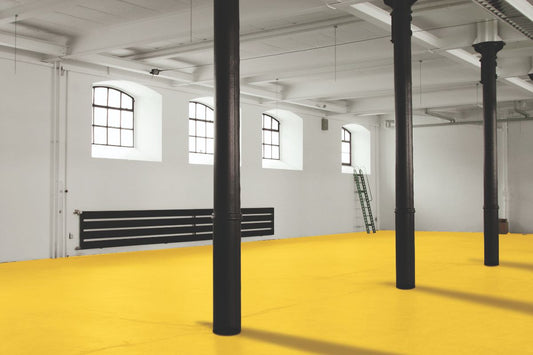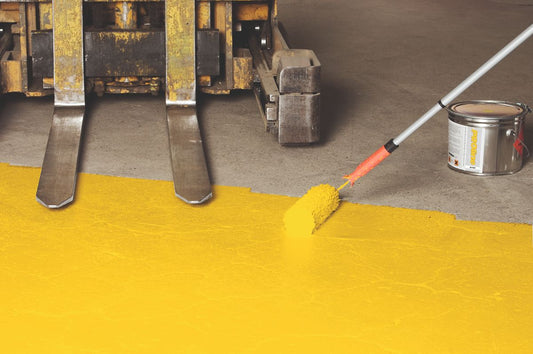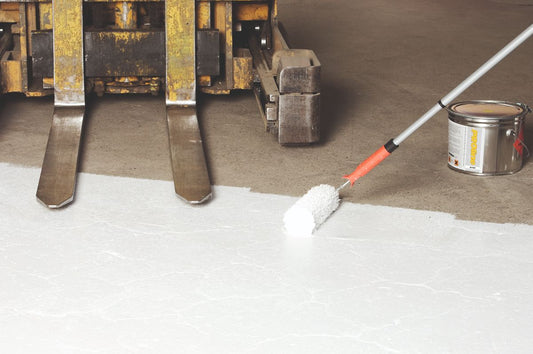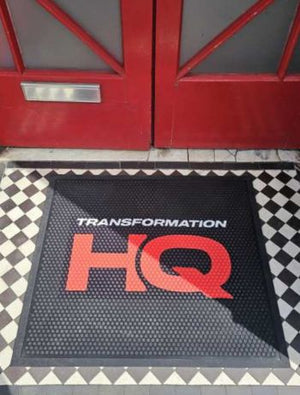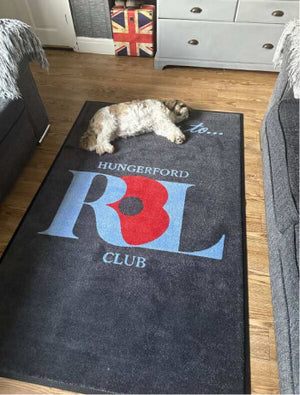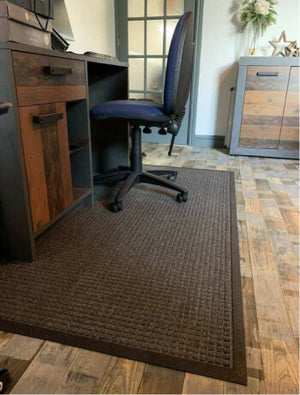Key Advantages of Garage Flooring and Paint
Using garage flooring or floor paint offers multiple benefits, from protection against wear and tear to improving safety and cleanliness.
Garage floors are prone to damage from heavy tools, vehicles, and chemical spills, but using rubber matting, vinyl tiles, or durable paint coatings creates a protective layer that prevents cracks and stains. Anti-slip coatings and textured floor mats also help reduce the risk of accidents, especially in wet or high-traffic areas.
Beyond functionality, applying garage floor paint can transform the appearance of your space, making it look brighter, cleaner, and more organised. Available in various colours and finishes, it provides a polished, showroom-style look while making the surface easier to clean and maintain.
For those using their garage as a gym, workshop, or industrial workspace, PVC or rubber flooring adds comfort underfoot, reduces impact damage, and offers long-term durability, making it an excellent alternative to bare concrete.





